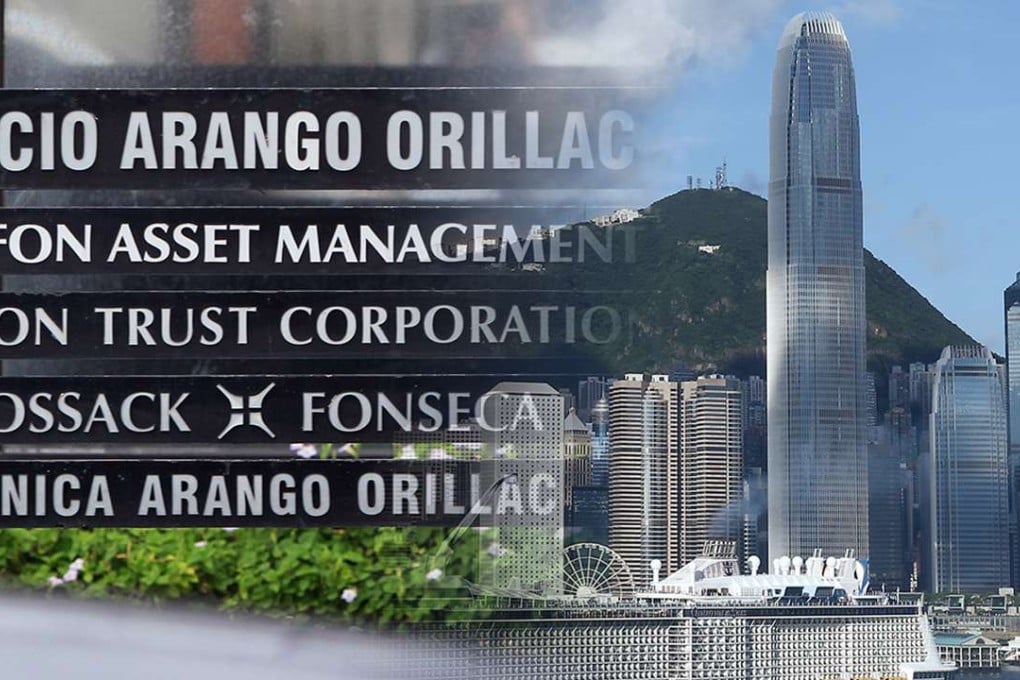Prominent Hong Kong politicians and businessmen named in new round of Panama Papers leaks
Former contender for chief executive Henry Tang, Asia’s richest man Li Ka-shing and two cabinet members among those listed as owning offshore companies

Four more Hong Kong lawmakers, all from the pro-establishment camp, have joined the list of prominent politicians and business leaders revealed to have stakes in offshore companies set up in world-famous tax havens, according to the latest batch of Panama Papers examined by the South China Morning Post.
Also in the documents, provided by the International Consortium of Investigative Journalists, are two members of Chief Executive Leung Chun-ying’s cabinet – development minister Paul Chan Mo-po and Executive Council member Bernard Chan – sparking fresh calls for a tighter system of interest declaration and transparency.
In his defence, Paul Chan said he was not involved in an offshore firm run by his family, while Bernard Chan said he had made all necessary disclosures.
The papers also revealed former chief secretary Henry Tang Ying-yen, Leung’s election rival in 2012, owned an offshore company in the British Virgin Islands that ran a private jet business. Three days before he took up the post of commerce minister in 2002, Tang transferred his shares in Fair Alliance to his father for a token price of US$1.
Tang yesterday denied any wrongdoing or conflict of interest, saying he had made the required disclosures “in strict accordance” with Exco and government rules, although critics argued the system was still far from transparent.
New People’s Party lawmaker Michael Tien Puk-sun apologised for not disclosing his stake in an offshore firm as well that he claimed was only for membership at a Shenzhen golf course.